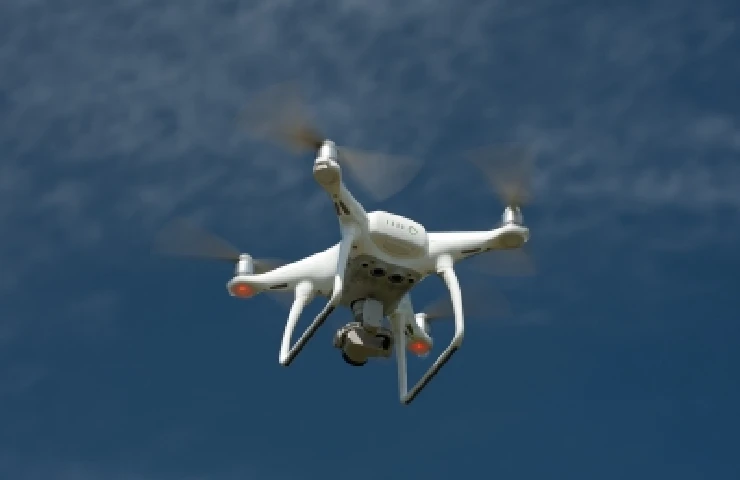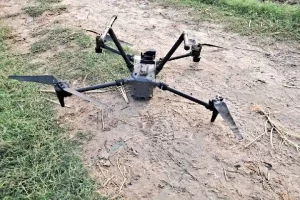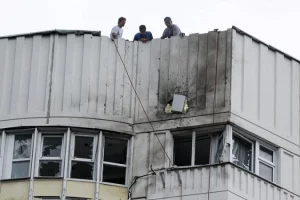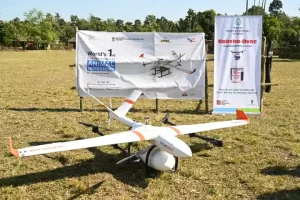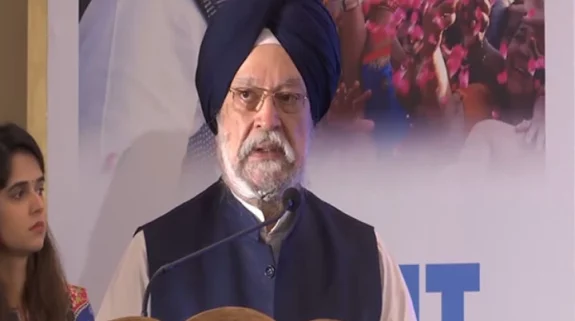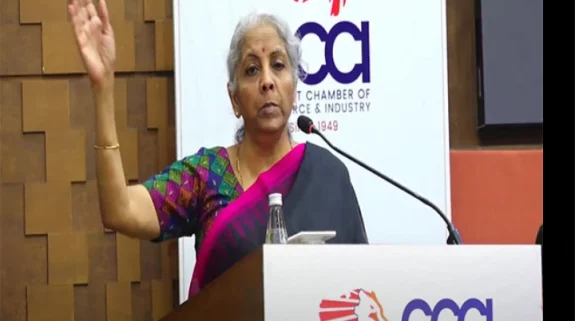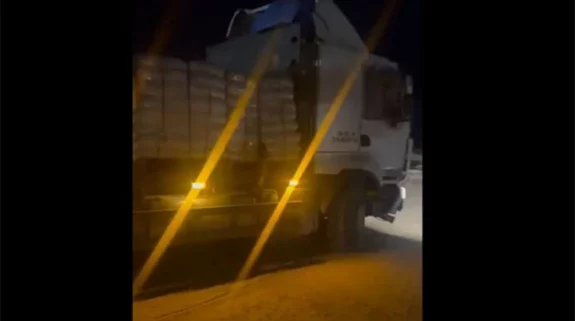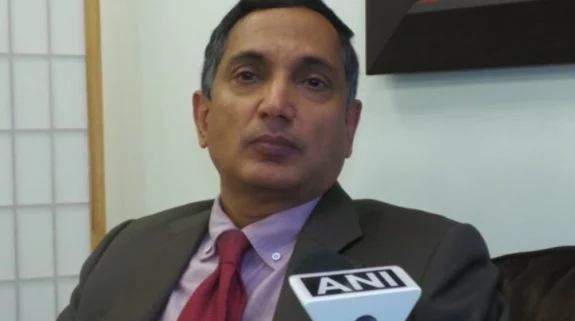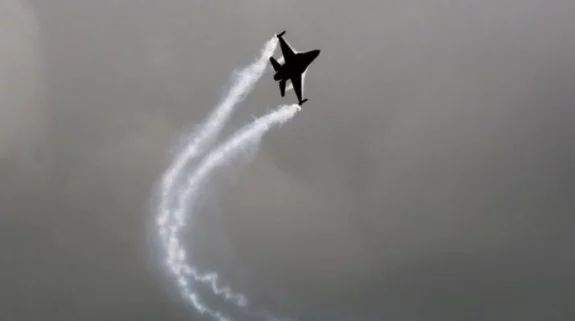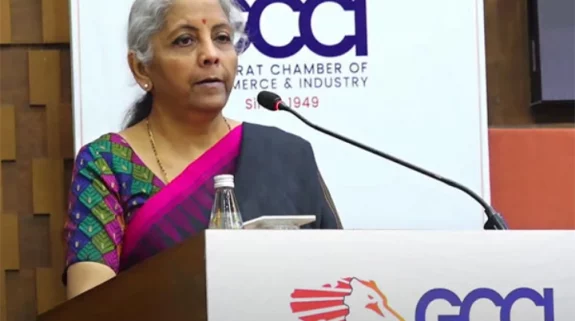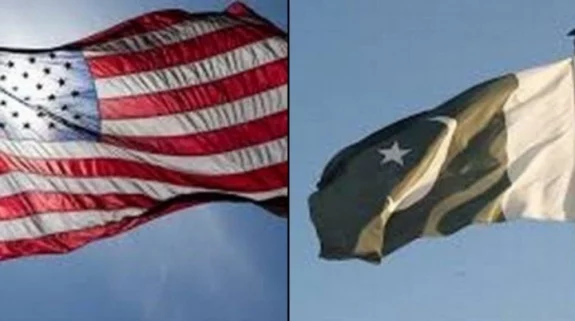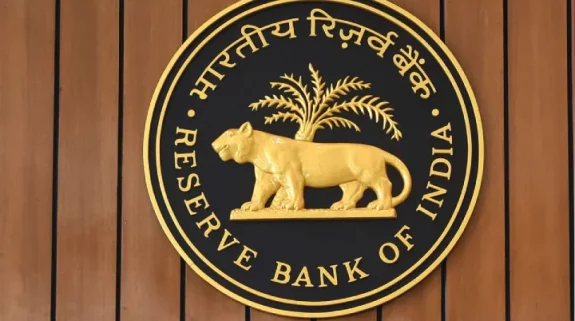It has been a month since the Taliban took over Afghanistan and almost two weeks since the regime formed a new government.
But public appearances of some of the top ministers have been far and few. For instance, the new Interior Minister of the Country, Khalifa Sirajuddin Haqqani, was seen in a meeting in his ministry but pictures were taken from the back so that his face was not visible. According to multiple intelligence sources, one of the most dreaded terrorists and heir of the terror group Haqqani Network, Sirajuddin Haqqani is “scared” about his security in Kabul. Amid fears about his longevity, Haqqani made a sudden visit to Quetta in Pakistan.
Though the details are not available, it is believed that Haqqani with a bounty of $ 5 million on his head is fearing for his life.
“Haqqani’s visit to Quetta over the weekend shows that the crown prince of terror is still worried about his physical safety in Kabul due to over the horizon capabilities of US Central Command as well as the resistance still led by Amrullah Saleh,” a senior official told the Hindustan Times.
After the complete US withdrawal, recently, the Biden Administration had said that the US will rely on an "over-the-horizon" (OTH) capability to identify threats and "act quickly and decisively if needed." The US is in touch with India also on using it as a staging post for aerial strikes in Afghanistan, while it will reassess its relationship with Pakistan, US Secretary of State Antony Blinken told the Senate Committee on Foreign Relations on the pull-out from Afghanistan.
Sirajuddin’s other fears are from the security officials who were part of the previous government. Now some of them are part of his interior ministry. They may have some links with their former boss, first vice president Amrullah Saleh, who has refused to “surrender” and is still leading the war against his elite Badri 303 unit.
Though Sirajuddin Haqqani has put 6000 odd fighters to secure Kabul, he has a responsibility for the internal security of the entire country. But resources and expertise to establish such a comprehensive system are scarce.
According to an Afghan journalist, despite the assurances by the Taliban government, the Qatari foreign minister Sheikh Mohammed bin Abdulrahman al-Thani got his own security from Doha for his visit to Kabul on Sunday.
Another elusive member of the Taliban cabinet is the defence minister Mullah Yaqoob Omar who has not appeared in the public yet. Like Haqqani, he too is living in the shadows. Neither is Taliban supremo Emir-ul-Momin Hibatullah Akhundzada seen in public. And on top of that there are fault lines in the Taliban cabinet. Most notably, tensions between Mullah Yaqoob, who traces his bloodline and legitimacy from Mullah Omar, Taliban’s founder, and the Haqqani Network.
The most visible face of the group and the deputy prime minister Mullah Baradar is still sulking and licking his wounds in Kandahar after being publicly humiliated and thrashed by the followers of Yakoob and the Haqqanis.
As defence minister Yakoob’s role is ceremonial because the Taliban has no army as such. The group has been heavily dependent on the fighters of the Haqqani Network (HQN). Though his deputy and the Taliban's acting Army Chief, Qari Fasihuddin said that the militant group is holding consultations over creating a regular army for Afghanistan but that is bound to be a herculean task. There are some talks that Pakistan’s army will help the Taliban to raise its army as well as the security personnel units for internal security.
To add to the instability and confusion, top US intelligence officials have said that some members of Al-Qaeda had returned to Afghanistan. According to the Deputy Director of the United States Central Intelligence Agency David Cohen said that current intelligence reports indicate "some potential motion of Al Qaeda to Afghanistan, and it may take one to two years to become a threat.” The Taliban, al-Qaeda and Haqqani Network all three are intertwined. With Al-Qaeda back, peace and stability in Afghanistan is likely to remain elusive.
Is the Taliban thinking of creating a regular army for Afghanistan?
Who are the Tehrik-e-Taliban Pakistan (TTP) and why are they giving Islamabad a big headache?






